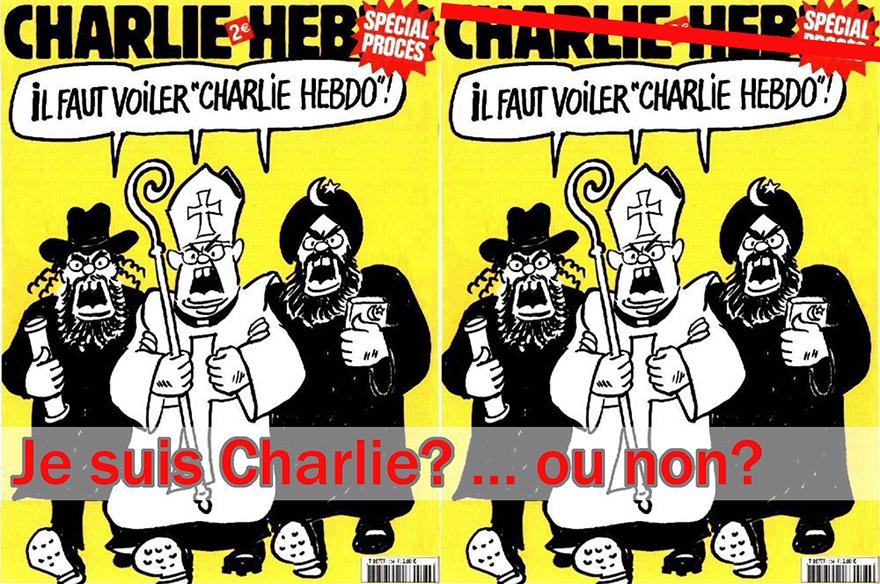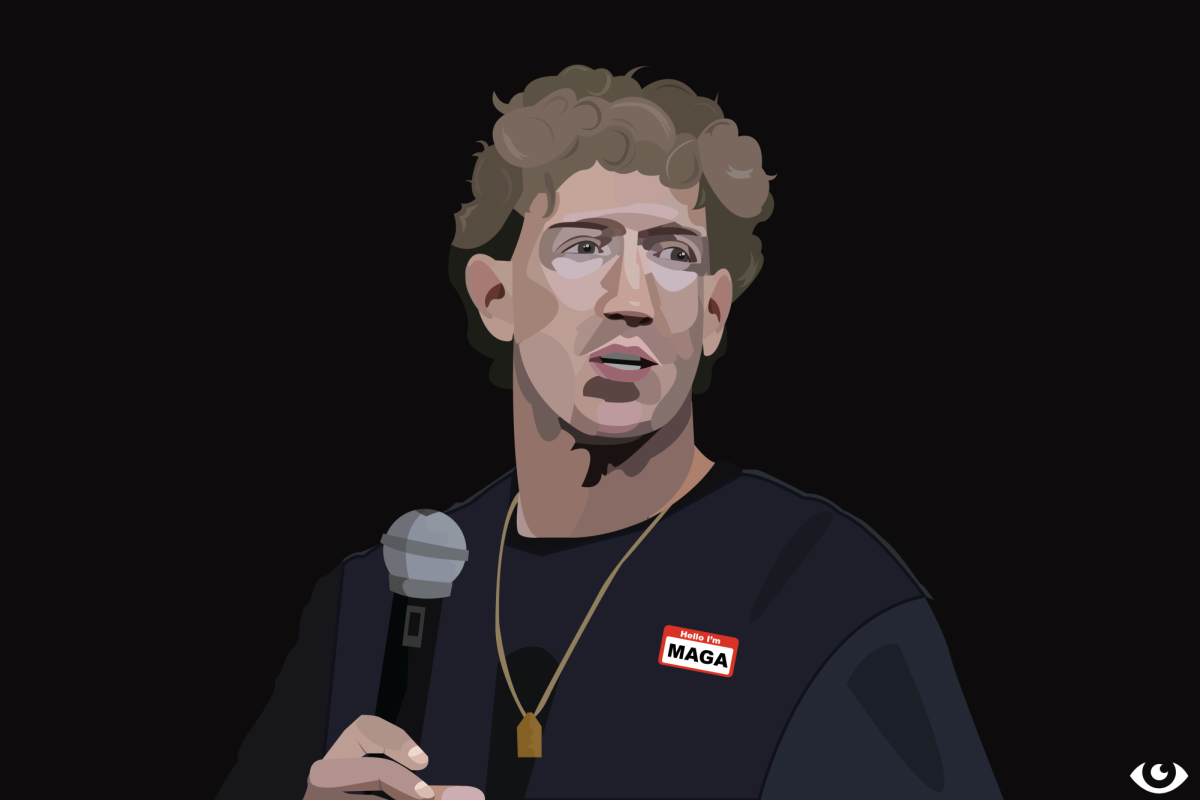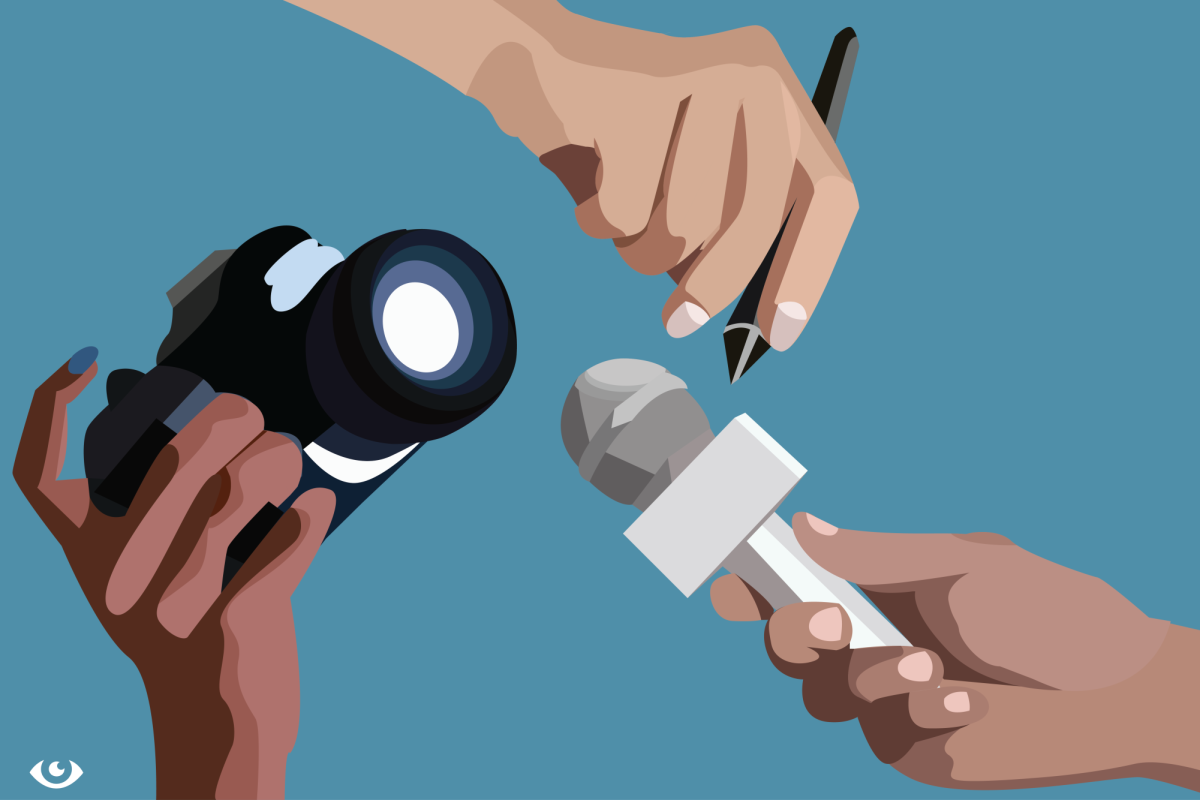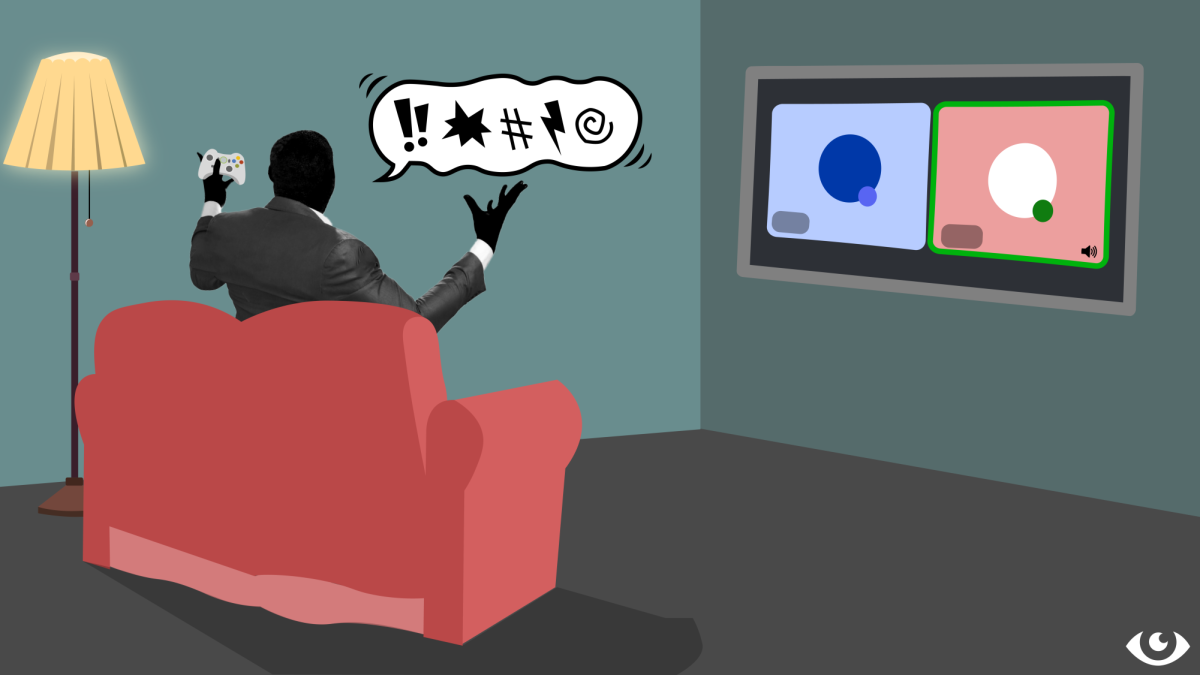The following two editorials are written by staff members of the Crimson Record who requested their pieces be published on RedEye due to time constraints of the newspaper’s publishing.
[vc_row][vc_column width=”1/2″]Stand for Charlie Hebdo, not with it
by Harper Carlton, writer for The Crimson Record
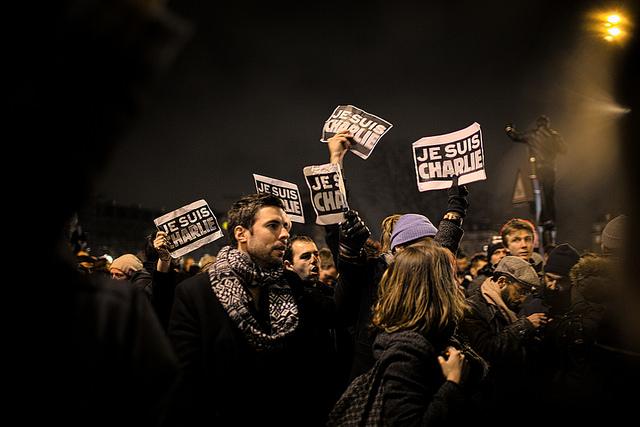
In the wake of any terrorist attack, people band together in support of those who have been killed. The case of Charlie Hebdo is no different. On Jan. 7, 2015, two Islamic terrorists opened fire on the headquarters of Charlie Hebdo, a French satirical newspaper, and killed 12 men. Charlie Hebdo has received an outpouring of support worldwide in favor of the publication’s right to free speech, with people using the hashtag #JeSuisCharlie, meaning I am Charlie. But with the right of free speech also comes a responsibility, so while I am Charlie, I do not blindly agree with the newspaper.
[pull_quote_center]The inflammatory Muhammad images don’t suggest change; they just incite Muslim rage.[/pull_quote_center]As a student journalist and an American I find it quite hard to argue against free speech, a right I hold near and dear to my heart. Everyone should be allowed to express an opinion and should never fear death as a response, but that doesn’t mean that just because they die, their opinion is right. This is why I stand for Charlie Hebdo but not with it.
The articles and cartoons published by Charlie Hebdo mocked everyone from French Prime Minister Manuel Valls to the Islamic prophet Muhammad and were extremely offensive. The point of publishing a naked and pornographic depiction of Muhammad, as they did, was simply to offend and generate an angry response.
I don’t think most of the cartoons that Charlie Hebdo published can really be called satire. Satire is critique cloaked in humor used to effect useful change. There’s no doubt that the cartoonists at Charlie Hebdo were critiquing through their risqué and contrived humor, but I don’t think they were aiming for change in a constructive way. The inflammatory Muhammad images don’t suggest change; they just incite Muslim rage. In this case, some extremists took that to a horrific degree.
The most unfair result of this extremist action is the blame some people are placing on Muslims in general. Just like any other religion, Islam is not intrinsically evil and violent. Too often all Muslims are characterized as extremists who claim terrorism in the name of Muhammad and this is incredibly unfair. After all, Louisville’s own Muhammad Ali found shelter in the Nation of Islam after he was marginalized and attacked for being a black man in America. He went on to enact great social change and bridge some of the issues among different classes of people.
In a 2001 interview with NPR, Ali said, “Terrorists are not following Islam. Killing people and blowing up people and dropping bombs in places and all this is not the way to spread the word of Islam.”
For someone to say that Islam is the most dangerous religion of all is thoughtless and insensitive. Each of America’s most prevalent religions have a history of being both peaceful and violent. Before a Christian blames Muslims for all terrorist attacks, he or she should consider the crusades or most recently, attacks on abortion clinics.
Ultimately, the wishes of the terrorists to silence the speech of Charlie Hebdo actually increased the publication’s recognition. According to the Associated Press, before the attack, Charlie Hebdo sold fewer than 100,000 copies a week. They will print nearly a million copies of the next issue. This proves that the pen is truly mightier than the sword.
I support Charlie Hebdo’s right to publish their newspaper. Free speech is something that I will forever stand for, but I cannot stand with a publication that treats free speech as just a right and ignores the responsibility that comes with it.
[/vc_column][vc_column width=”1/2″]Why we need to unite behind Charlie Hebdo
by Will Lake, writer for The Crimson Record
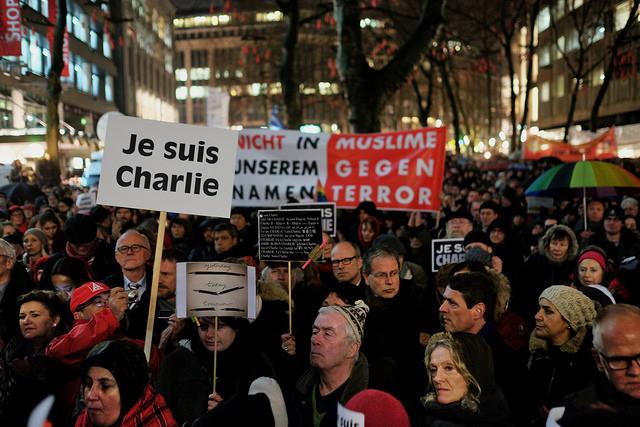 Protests in support of Charlie Hebdo in Germany. Photo by Flicker user konradlembcke.
Protests in support of Charlie Hebdo in Germany. Photo by Flicker user konradlembcke.
At around 11:30 a.m. on Jan. 7, in Paris, France, two men armed with Kalashnikov rifles stormed the office building of the French satirical news magazine Charlie Hebdo. The men, brothers Chérif and Saïd Kouachi, shouted “Allahu akbar!” (Allah is great!) as they opened fire on the building’s occupants. Shortly before the massacre ended, witnesses reported the brothers shouting, “We have avenged the Prophet Mohammed.” Five minutes after they had entered the building, the Kouachi brothers fled, killing a police officer who was responding to reports of gunshots as they escaped.
All told, 12 people lay dead. What had they done to deserve this? What heinous crime against humanity had they committed that made it ok for them to be slaughtered? Well, for the police officer who was responding to the gunshots and the custodian who worked in the Charlie Hebdo office building, the answer is simple: nothing. But the staff of the magazine, especially its editor, Stephane Charbonnier, committed the ultimate crime. They insulted Islam.
Charlie Hebdo was a repeat offender on that charge. In 2006, they re-published controversial cartoons from the Danish newspaper Jyllands-Posten that depicted Mohammed. The cover of that issue showed Mohammed weeping with the headline “Mohammed Overwhelmed by Fundamentalism.”
In 2012, Charlie Hebdo released an issue featuring Mohammed naked, and in various pornographic positions. Fearing backlash from Islamic extremists, the French government closed down embassies and consulates in 20 countries as a precaution.
And finally, last year Charlie Hebdo released a special issue, called “Sharia Hebdo,” which showed Mohammed on the cover promising “A hundred lashes if you don’t die from laughter first!” After this issue, the magazine’s offices were firebombed, and its website was hacked.
Those were the crimes of Charlie Hebdo. Those were the actions that drove the Kouachi brothers to murder 12 people under the guise of religion.
After the attack, people across the world showed signs of support for Charlie Hebdo. Within France, mass vigils were held and the lights on the Eiffel Tower were dimmed. The hashtag “Je Suis Charlie” (I am Charlie) went viral. But in the days following the attack, as the initial shock of it all wore off, a different view began to surface. Some people began to take issue with the martyr status the Charlie Hebdo staff was receiving. Whichever columnist or blogger or talk show host or whoever presented this point of view began with something a lot like this: “Killing in response to insult, no matter how gross, must be unequivocally condemned. That is why what happened in Paris cannot be tolerated.”
Those are the words of Bill Donohue, president of the Catholic League for Religious and Civil Rights, who went on to say, “But neither should we tolerate the kind of intolerance that provoked this violent reaction… Those who work at this newspaper have a long and disgusting record of going way beyond the mere lampooning of public figures, and this is especially true of their depictions of religious figures.”
Donohue continued, “Stephane Charbonnier, the paper’s publisher, was killed today in the slaughter. It is too bad that he didn’t understand the role he played in his tragic death… Had he not been so narcissistic, he may still be alive.”
Granted, Donohue puts it more bluntly than most people who share this point of view, but behind the words and nuances, the message stays the same: yes, killing is bad, and is not the way to deal with a situation like this; but these people aren’t martyrs; they’re offensive and crude, and hurt the feelings of an entire religion. In the end, he’s saying they got what was coming to them. Yes, I simplified the argument, but it boils down to the same thing. And the really sickening part is that people actually think this. Not only is this kind of argument little more than victim blaming, it’s cowardly, and it’s downright wrong.
To say previous issues of Charlie Hebdo have been crude at the best of times and offensive at the worst is fine. But to that I say so what? That doesn’t diminish the fact that they are heroes in the fight for free speech.
When asked by the French newspaper Le Monde back in 2012 about threats made to the Charlie Hebdo over its depiction of Mohammed, editor Stephane Charbonnier said “I’d rather die standing up than live on my knees.”
The quote may have seemed melodramatic at the time, but now it displays rather neatly critical juncture we’ve come to. We, as in all of western civilization, can choose to fall to our knees and capitulate to the demands of those who would threaten violence to achieve their goals. Or we can rise up and say “I am not afraid.” That’s what Stephane Charbonnier did. He and his colleagues died in the struggle that is the preservation of free speech. And if we don’t rally behind Charlie Hebdo now, then we show all the bullies in the world, whatever group or religion they may be apart of, that if they threaten violence, we’ll give them what they want.
Stand with Charlie Hebdo. I know I will. Je Suis Charlie.
[/vc_column][/vc_row]



